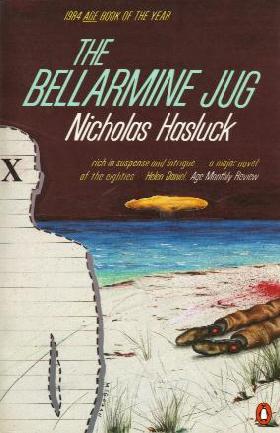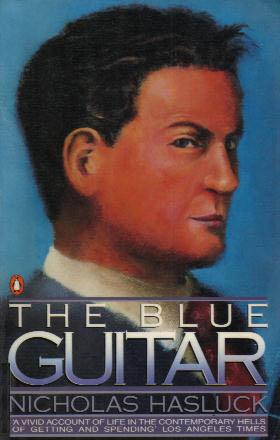It's always interesting to make connections between two newspaper pieces dealing with seemingly different topics, but which are, bascially, about the same thing.
Roland Sussex and Michael Clyne in their essay titled
"2020 - Languages" - written for the December 2010 issue of the "Australian Literary Review" - discuss the prospect of foreign language study in Australia. Their first paragraph sets out their theme perfectly: "Cars run on petrol. Societies run on language. Languages are treasure houses of culture and history." If we are going to profit from a major mining bom, then why don't we also attempt to profit from multi-culturalism in the form of multi-lingualism.
The authors state that only 13 per cent of current Year 12 students study a Foreign Language; a lamentable state, and one that needs urgent attention. My two children have studied a foreign language at school: both studied Italian in primary and my daughter did, and my son will, study French at high school. But, like me, my daughter only took French for as long as she had to before dropping it in favour of other, preferred, subjects. The easy excuse is that our family is not good at foreign languages. But, surely, every language is foreign when you are young. The problem lies in how it is encountered, taught and encouraged in the early years.
When I hit high school in the late 1960s and was forced into learning French and German I knew the languages existed but I doubt I had ever heard a word spoken in either: the mid-North of South Australia at that time was not a hot-bed of multi-culturalism. I didn't travel to any French or German speaking countries in my school years, and I never met anyone who spoke those languages at home. I never had the opportunity to read books or comics in the languages and I never saw any French or German films, or television programs, without subtitles - if I saw any at all. Two to three hours a week just was never going to be enough to get more than a basic grasp of the concepts. I struggled to get even that.
I have a friend who lives in the Netherlands who regularly speaks four languages: Dutch, French, German and English. He has to. He interacts with speakers of those langages on an almost daily basis. He may not be as proficient in German as he is in English but I suspect he gets by quite adequately for work and social occasions and can always drive over to Germany for a weekend and immerse himself in the language and culture if he finds he's getting a little rusty.
And there, I think, is the reason for our perceived lack of language skills - our isolation. It's just not possible to drop over to a foreign country for the weekend to top up your vocab and pronunciation. The Europeans have it easier: London to Moscow is a touch under 2,500 kilometres; Melbourne to Jakarta is 5,148. Number of languages between London and Moscow? Eight? Ten? Who knows but certainly more than the one between Melbourne and Jakarta.
On the other side of the fence we have the
recent spat between Hugh Lunn, author of
Words Fail Me: A Journey Through Australia's Lost Language and Peter Conrad who reviewed the book for
The Monthly. Lunn's view is "If you lose your language, you lose your personality, your character and who you are." And I certainly have a lot of sympathy for that. While it doesn't happen every day I do get some rather odd looks from people when I drop an old Australian slang expression into my conversations. I don't do it deliberately, it just seems appropriate at the time. I like the Australian vernacular, its colorful turns-of-phrase, its rhyming slang and its use of opposites, and I would really not like to see it disappear. But, I fear, the encroachment of the ubiquitous American culture is slowly strangling the life out of good old Strine.
Both of these newspaper stories point to a slow but inevitable change in the Australian language. It's becoming more trans-Pacific, taking on American phrases and meanings and slowly losing its individuality. We're too small a nation to hold out against the cultural forces at work here, and I'm very sorry about that.
The 20th century was the American century and maybe the current change is just a product of that. If the 21st century is going to be the Asian century then maybe at this time in a hundred years we'll be decrying the influence of Chinese slang used by our young. In that case we might have an answer to the Sussex/Clyne question: we'll all be speaking a language that will be an amalgam of English, Chinese, Japanese and Russian - rather like an updated Gibsonesque version of Anthony Burgess's Nadsat from
A Clockwork Orange.
A situation we might have to describe as
horrorshow rather than just plain
bonzer.


